When a Monk Helped a Soviet Bureaucrat Take Up an Unlikely Profession
In honor of the great Council that formulated our Creed 1,700 years ago today
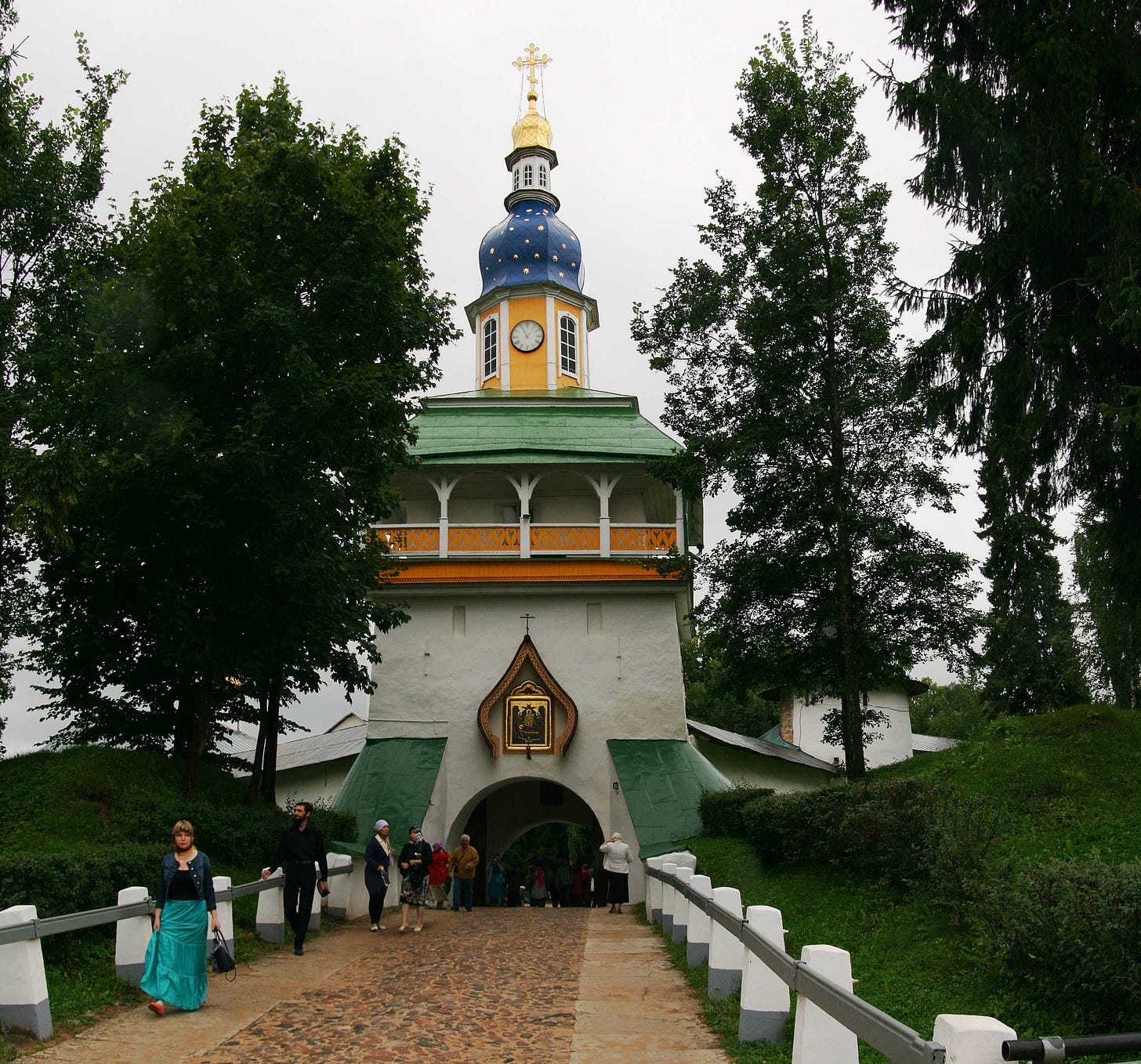
One thousand seven hundred years ago today — on June 19 in the year of Our Lord 325 — the Nicene Creed was adopted by the Council after which it is named. While the date is not absolutely certain, it is probably the right one. As the old Catholic Encyclopedia says:
The year 325 is accepted without hesitation as that of the First Council of Nicaea. There is less agreement among our early authorities as to the month and day of the opening. In order to reconcile the indications furnished by Socrates and by the Acts of the Council of Chalcedon, this date may, perhaps, be taken as 20 May, and that of the drawing up of the symbol as 19 June. It may be assumed without too great hardihood that the synod, having been convoked for 20 May, in the absence of the emperor held meetings of a less solemn character until 14 June, when after the emperor’s arrival, the sessions properly so called began, the symbol being formulated on 19 June, after which various matters — the paschal controversy, etc. — were dealt with, and the sessions came to an end 25 August.
Many articles have been written in 2025 about the significance of this council and of the creed it formulated; Christians of nearly all denominations find in this profession of faith a common point of agreement and orientation, despite their many differences.
Today, in a spirit of rejoicing for this inestimable gift of divine assistance to the early Church in the midst of one of the worst crises that had afflicted and would continue to afflict her — the Arian controversy — I would like to share an absolutely delightful chapter from one of my favorite books to read aloud, Everyday Saints and Other Stories, edited by Metropolitan Tikhon Shevkunov (you can find out more about him at Inside the Vatican). Everyday Saints relates one amazing, miraculous, or hilarious story after another about the zealous faith and fortitude of Orthodox Christians during the Soviet period; we learn of countless ways in which they tricked or circumvented the officially atheistic regime. I realize that many have a low opinion of Russia and of the Russian Church, especially in recent years, but I would urge you to give this book, published in 2018, a chance to show you a different side — one that traditional Catholics in particular will easily relate to and take comfort in.
Without further ado, here is “Father Avvakum and the Religious Affairs Commissioner from Pskov.” As the chapter is so short, I will simply insert images of the pages below, from which I will read aloud for the voiceover.
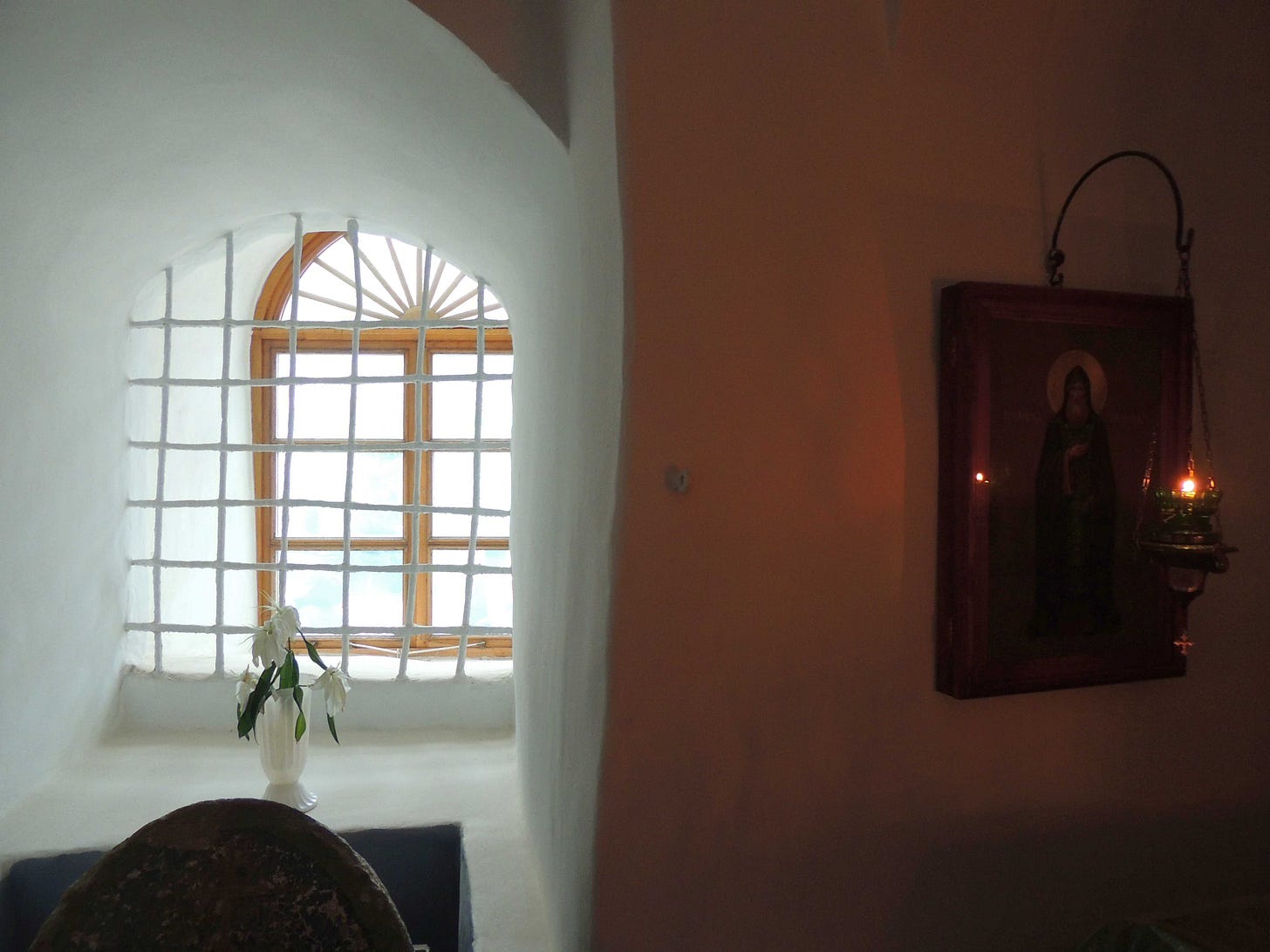
Thank you for listening, and may God bless you.



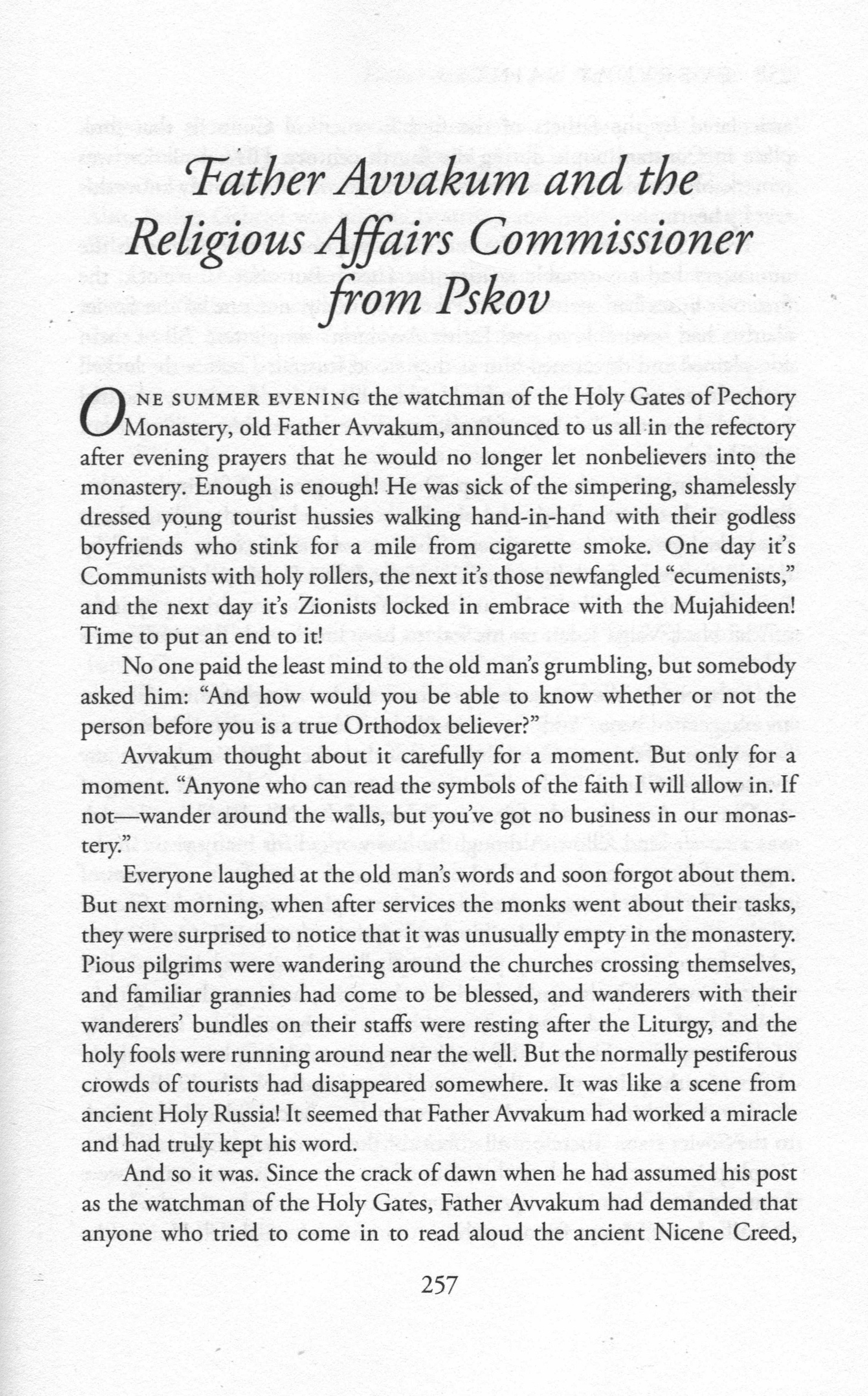
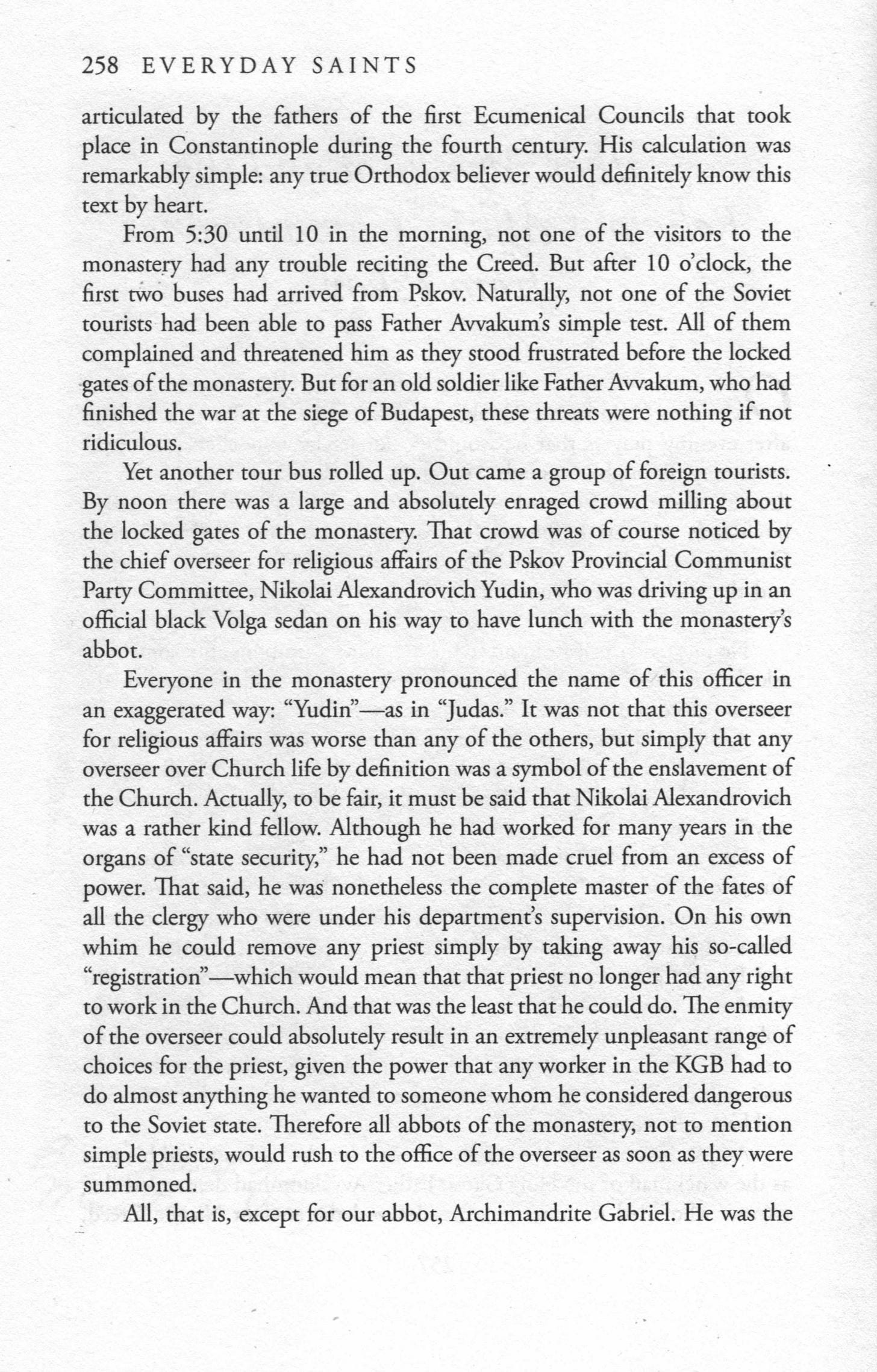
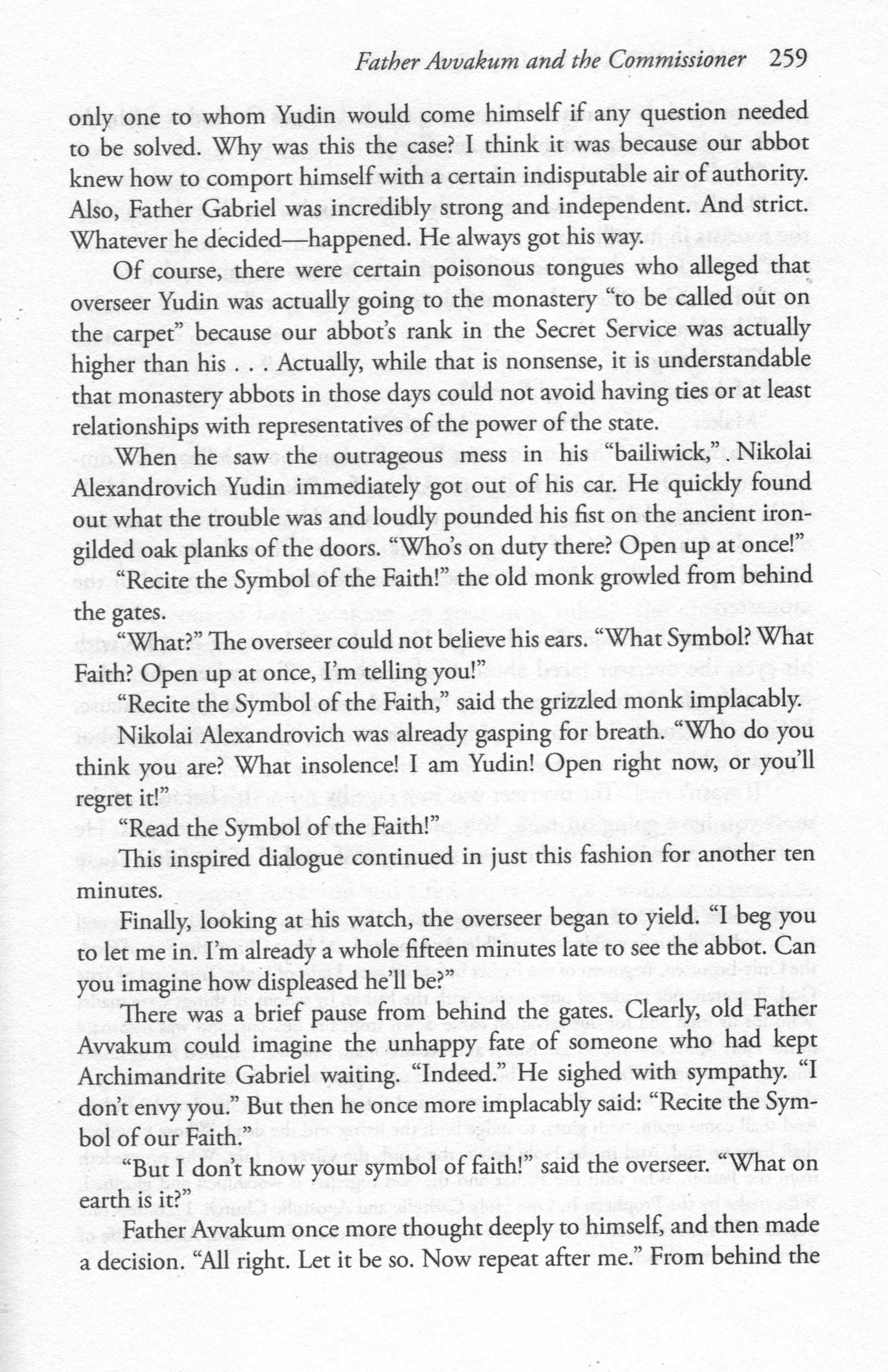
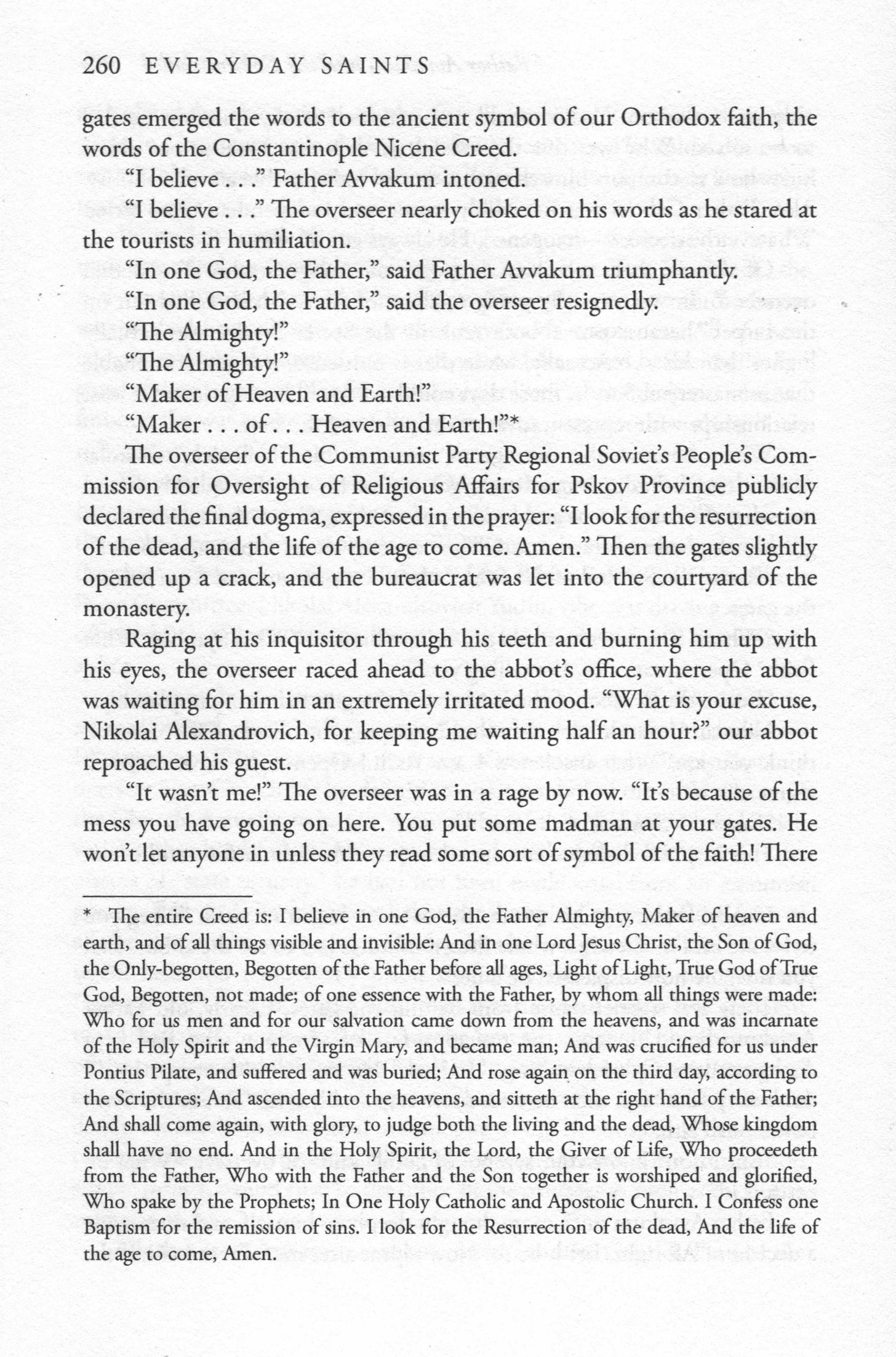
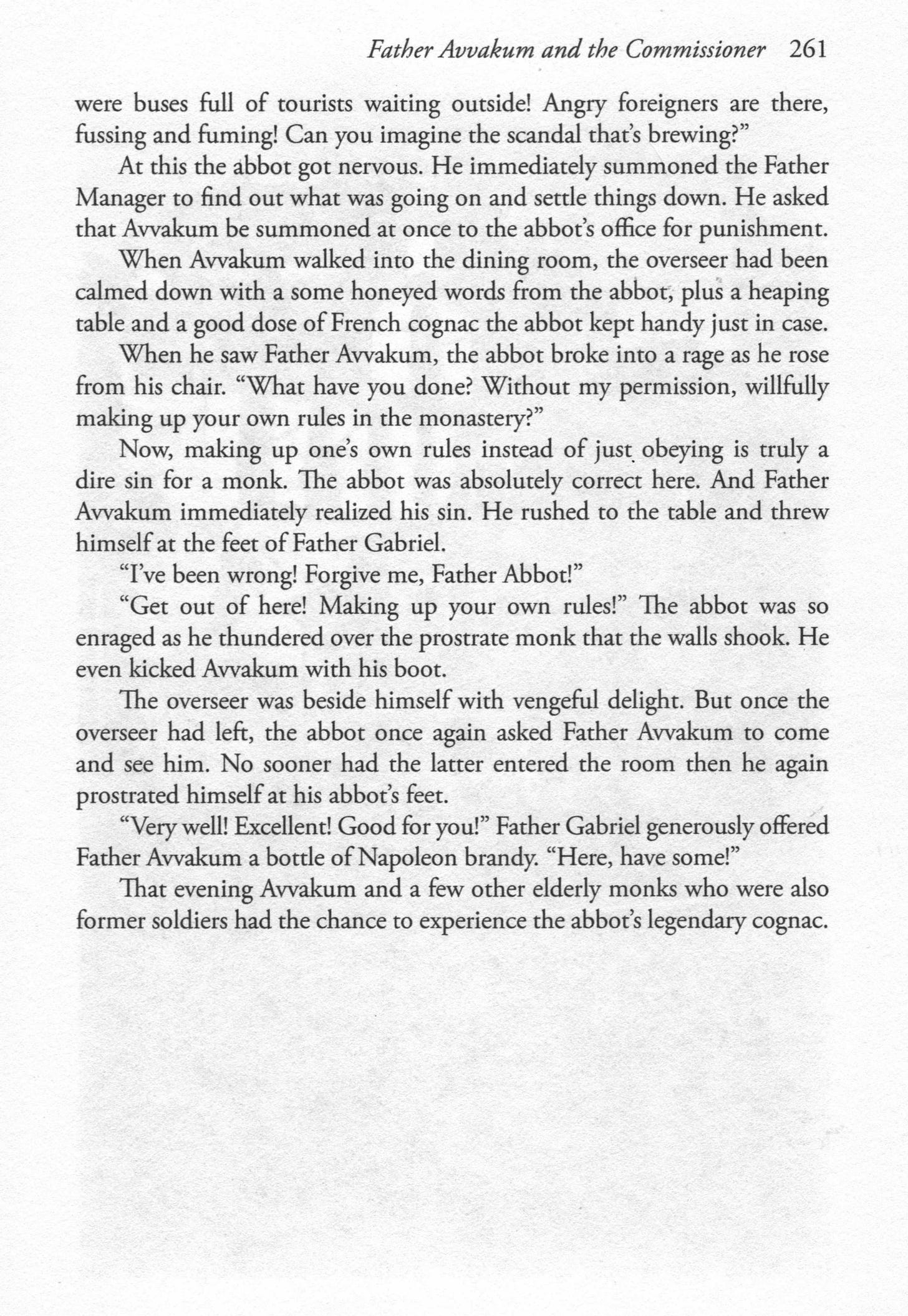
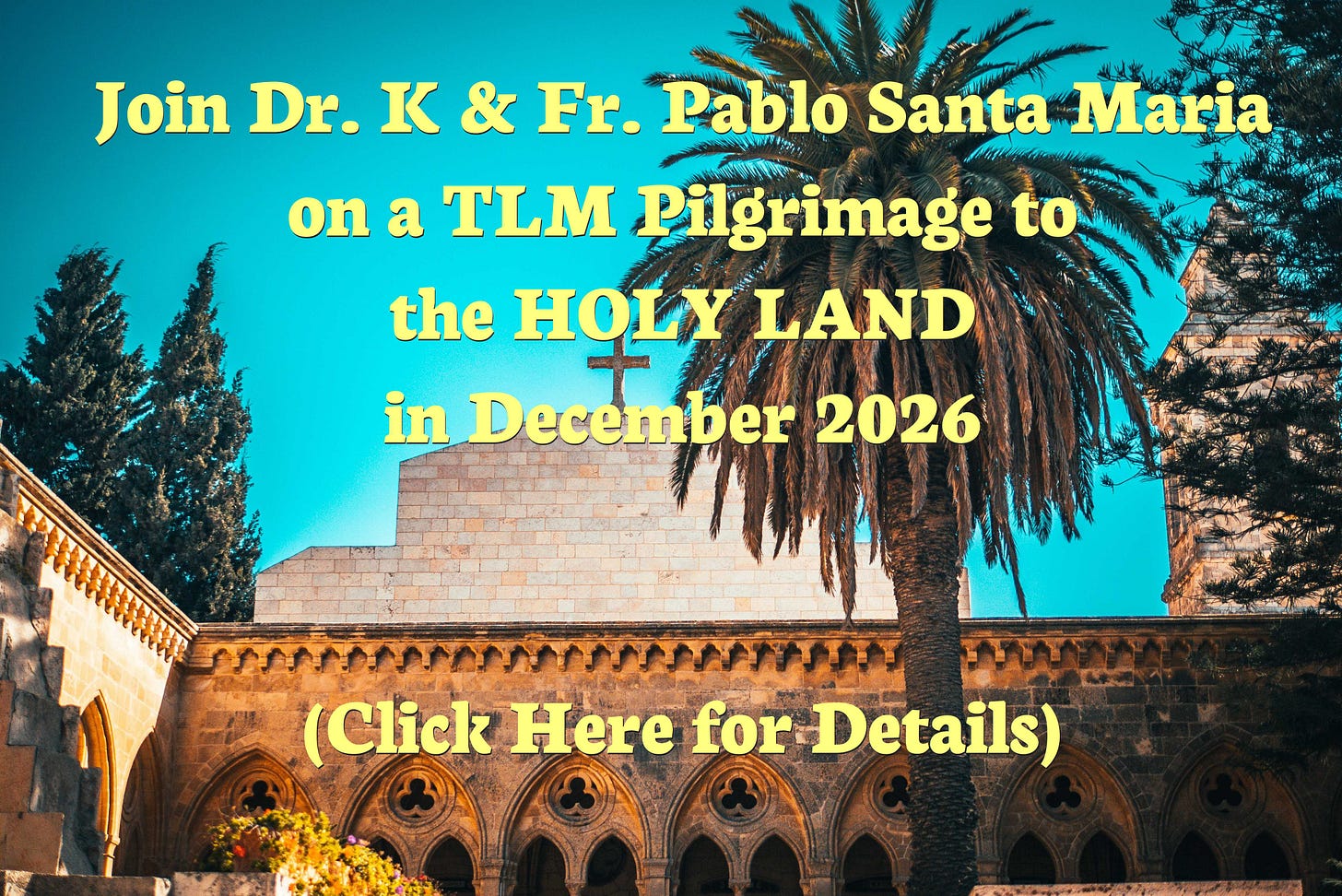
Until recently, I prayed the Creed by rote, not much recognizing the extraordinary supernature of this profession. Lately, as our creed becomes more and more alien to the world around us, I pray it with much greater thoughtfulness.
Your story from Tikhon’s book helps reinforce our Catholic faith by placing the words into the mouth of an atheist. It also gives a tip on how to navigate and possibly survive individually and as a community in a totalitarian milieu. Our American “can-do” spirit is much needed as we dodge the inflammatory bullets of our times. As wise as serpents and as innocent as doves.
My God, I suppose someone who minimises the role of the Pope would also minimise and dismiss genocide (deliberate murder of civilians plus destruction of Ukrainian language and books) by shilling a book of someone closest to putin who is directly installed in occupied Crimea where Greek Rite Catholics have seen their churches taken, where both Ukrainian and Russian speaking Orthodox priests who reject occupation are murdered. This Tikhon is a schismatic and persecutor. Shame on you.